Are you a caregiver looking to improve your communication techniques with seniors through effective communication? Building trust and connection with seniors is not just about words; it’s about meaningful interactions that foster rapport and understanding.
Communication techniques in caregiving is a nuanced skill that plays a crucial role in providing excellent care and nurturing strong bonds with clients. From active listening to interpreting non-verbal cues, mastering effective communication techniques can elevate your caregiving experience. So, how can you enhance your communication skills to connect more deeply with the seniors you care for?
Active Listening:
Active listening involves fully engaging with seniors, paying attention to their words, tone, and emotions. It’s about seeking to understand rather than just hearing. By practicing active listening, caregivers can demonstrate empathy and responsiveness, leading to improved client satisfaction and outcomes.
Non-Verbal Communication:
Non-verbal cues like body language and facial expressions are powerful tools in communication. They can convey empathy, understanding, and respect. Utilizing effective non-verbal communication techniques creates a positive and supportive environment for seniors, fostering trust and meaningful connections.
Clear and Concise Language:
Using clear and simple language ensures that seniors understand information and actively participate in their care decisions. Avoiding jargon or complex terminology helps seniors feel more confident and involved in their care.
Empathy and Validation:
Empathy involves understanding and acknowledging seniors’ emotions and experiences. Validation of their feelings creates a supportive environment where seniors feel heard and respected. These practices improve client satisfaction and contribute to a collaborative approach to care.
Involvement in Care Decisions:
Including seniors in care decisions promotes autonomy and ensures their preferences and needs are met. Empowering seniors to participate actively in their care fosters a sense of ownership and value in their well-being.
Continuous Learning:
Caregivers should invest in ongoing training and education to enhance their communication skills. Participating in workshops and resources provides valuable tools and strategies for effective communication, ultimately improving the caregiving experience.
In conclusion, effective communication is essential for caregivers to build trust, establish connections, and improve client outcomes. By practicing active listening, utilizing non-verbal cues, using clear language, showing empathy and validation, involving seniors in care decisions, and pursuing continuous learning, caregivers can create a positive and enriching caregiving experience for themselves and the seniors they serve.
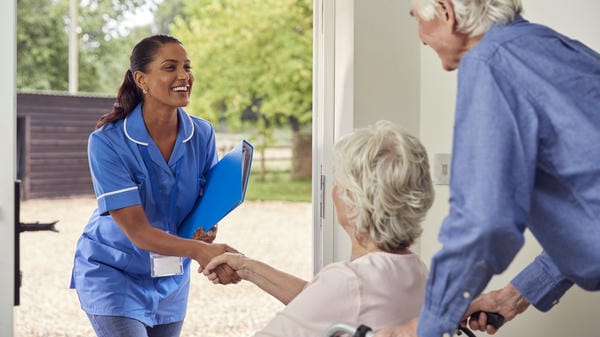


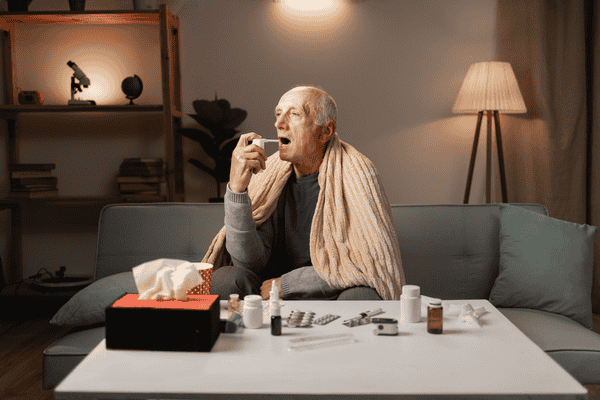
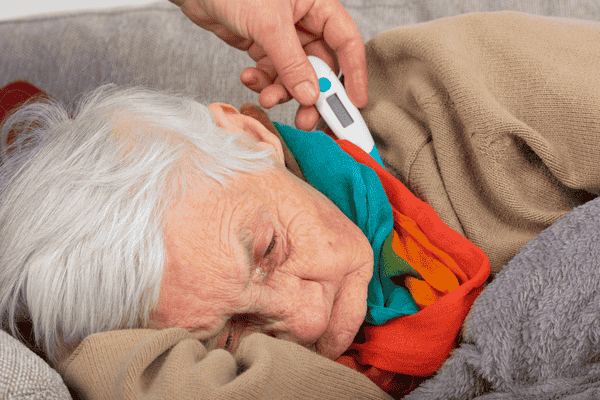

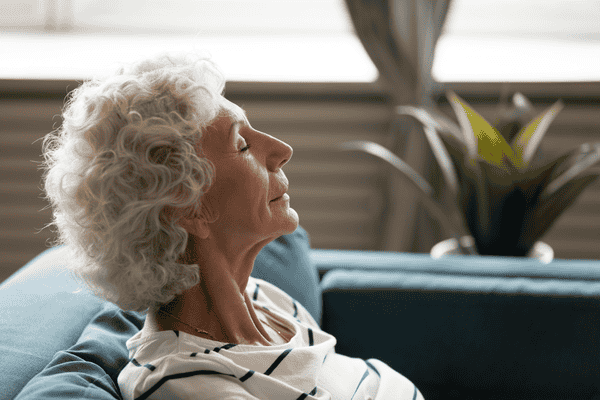


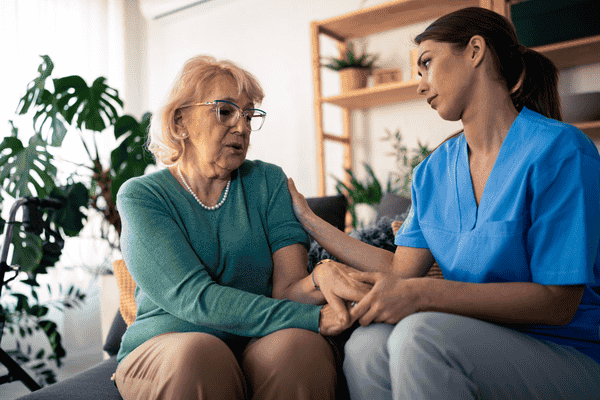


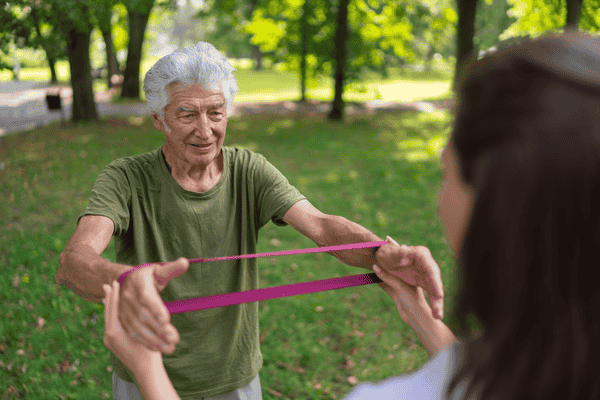

I used to be very happy to seek out this web-site.I needed to thanks for your time for this excellent learn!! I definitely having fun with each little bit of it and I have you bookmarked to take a look at new stuff you weblog post.